Maintaining a clean and safe pool requires more than just a skimmer and a vacuum. Behind the sparkling water is a careful balance of chemicals working together to keep algae, bacteria, and other unwanted contaminants out of your pool. Understanding the chemicals used in a pool chemical service helps homeowners make better decisions and feel more confident in their pool care routines.
If you’re considering hiring a professional for pool chemical service in Bradenton, it helps to know which products are used and why they matter. This understanding can make all the difference in maintaining a safe and enjoyable swimming environment.
Chlorine: The Primary Sanitizer
Chlorine is the most widely used chemical in pool maintenance. It kills bacteria, controls algae, and keeps your water clear. Professionals use it in tablet, liquid, or granular form depending on the pool’s size and specific needs.
Consistent chlorine levels are essential. Too little, and the water becomes a breeding ground for germs. Too much, and swimmers may experience skin and eye irritation. A balanced pool chemical service ensures chlorine is always within a safe and effective range.
pH Balancers: Acid and Base
The pH level measures the acidity or alkalinity of your pool water. For comfort and safety, the ideal range is between 7.2 and 7.8. When levels fall outside this range, other chemicals don’t work as efficiently, and the water may become corrosive or cloudy.
Pool technicians use pH increasers (like sodium carbonate) or pH reducers (like muriatic acid) to restore balance. Maintaining the right pH also protects your pool’s surfaces and equipment from damage.
Alkalinity Increasers
Alkalinity works in conjunction with pH to stabilize the water. If total alkalinity is too low, pH can fluctuate rapidly, making chemical control difficult. A pool chemical service adds sodium bicarbonate when needed to raise alkalinity and prevent these swings.
Proper alkalinity also improves swimmer comfort and supports long-term water balance. It’s one of the less visible but essential components of water care.
Calcium Hardness Control
Calcium hardness refers to the amount of dissolved calcium in your pool. If it’s too low, water becomes aggressive and may corrode plaster, tile, or metal. If it’s too high, calcium can deposit on surfaces, leading to cloudy water and rough spots.
To correct this, professionals either add calcium chloride to increase levels or dilute the pool water to lower them. Consistent calcium control extends the lifespan of your pool finish and equipment.
Stabilizers: Cyanuric Acid
Chlorine breaks down in sunlight, especially in outdoor pools. To prevent this, pool service providers often add cyanuric acid as a stabilizer. It helps retain chlorine in the water longer by protecting it from UV rays.
However, too much stabilizer can reduce chlorine’s effectiveness. That’s why it’s essential to measure and maintain ideal levels, typically between 30 and 50 ppm.
Algaecides
Algae can grow quickly in warm, unbalanced water. Algaecides are special chemicals used to prevent or treat algae blooms. Some are copper-based, while others use polymer formulas.
While algaecide isn’t always used in every pool chemical service, it’s an effective tool when conditions are right for algae to spread. Regular service helps prevent the need for emergency treatments.
Shock Treatments
Shocking the pool means adding a large dose of chlorine or another sanitizer to destroy bacteria, algae, or organic material quickly. This is especially helpful after storms, heavy usage, or visible water issues.
Shock treatments are part of many pool chemical service routines, typically performed on a weekly or biweekly basis. They help keep the water crystal clear and free of harmful contaminants.
Clarifiers and Flocculants
Sometimes water remains cloudy even with correct chemical levels. In these cases, clarifiers or flocculants are used. Clarifiers bind small particles together, allowing the filter to remove them. Flocculants clump debris and send it to the pool bottom, where it’s vacuumed out.
These products are typically used as needed, rather than with every service, but they can quickly restore water clarity when regular maintenance is insufficient.
Metal Removers and Stain Preventers
Iron and copper from pool equipment or local water sources can discolor water and stain pool surfaces. Metal removers bind these particles, allowing them to be filtered out.
Stain preventers are used to keep minerals from sticking to tiles or pool linings. While not always required, these treatments are recommended in areas with hard water or older plumbing systems.
Enzyme Cleaners
Some pool services include enzyme-based cleaners that break down oils, lotions, and other organic waste that can accumulate on water surfaces and filters. These natural solutions help reduce the chemical load and maintain the water’s stability between cleanings.
Enzymes are often used in combination with other chemicals for a more comprehensive care approach.
Why Regular Chemical Service Matters
Attempting to balance pool chemicals without professional help can lead to costly errors. Overuse or improper mixing of chemicals can damage the pool or pose a risk to swimmers. A trained technician ensures that the right chemicals are used in the correct amounts at the appropriate time.
By choosing regular pool chemical service in Bradenton, you’re not only protecting your pool investment but also creating a more enjoyable swimming experience for your family and guests.
Conclusion
Pool chemical service involves far more than dropping in a chlorine tablet. From pH and alkalinity adjustments to shock treatments and algaecides, every chemical plays a crucial role in maintaining pool safety and clarity. Understanding these components helps homeowners appreciate the value of professional care.
If you want your pool to be clean, balanced, and ready to enjoy, connect with the experts at Bradenton Pool Service Pros. Their team delivers reliable and effective chemical service designed to keep your water in top condition year-round.

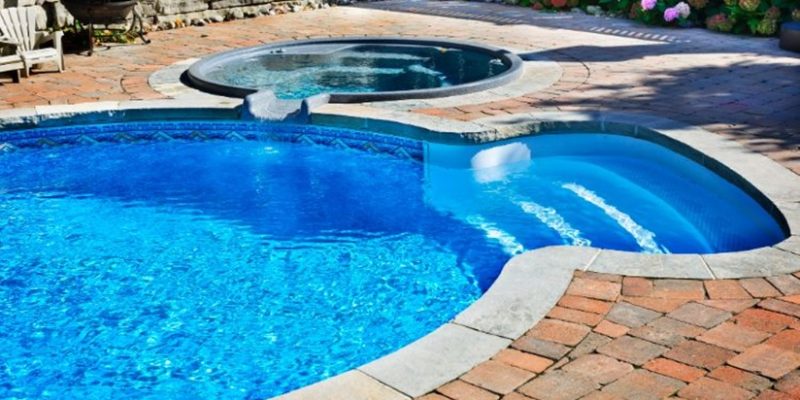


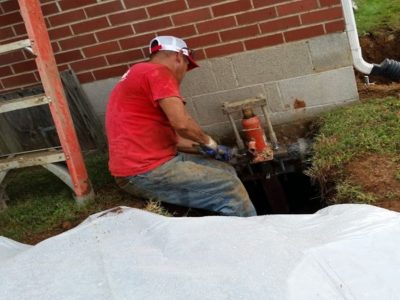

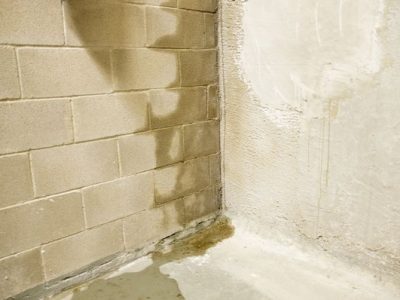
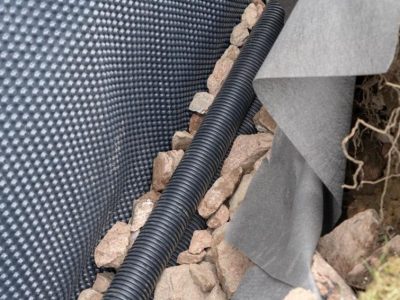


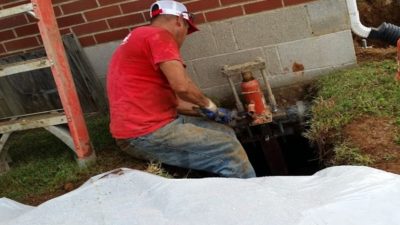

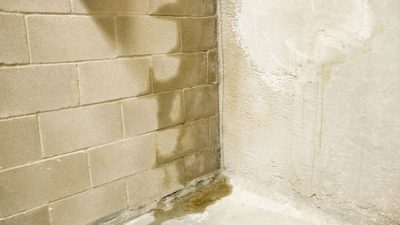


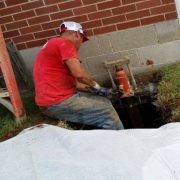

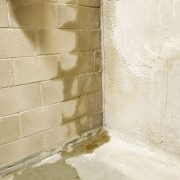
Comments